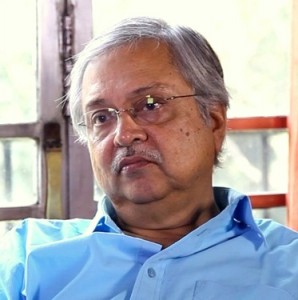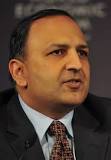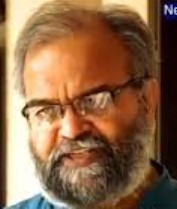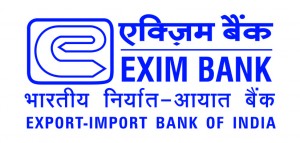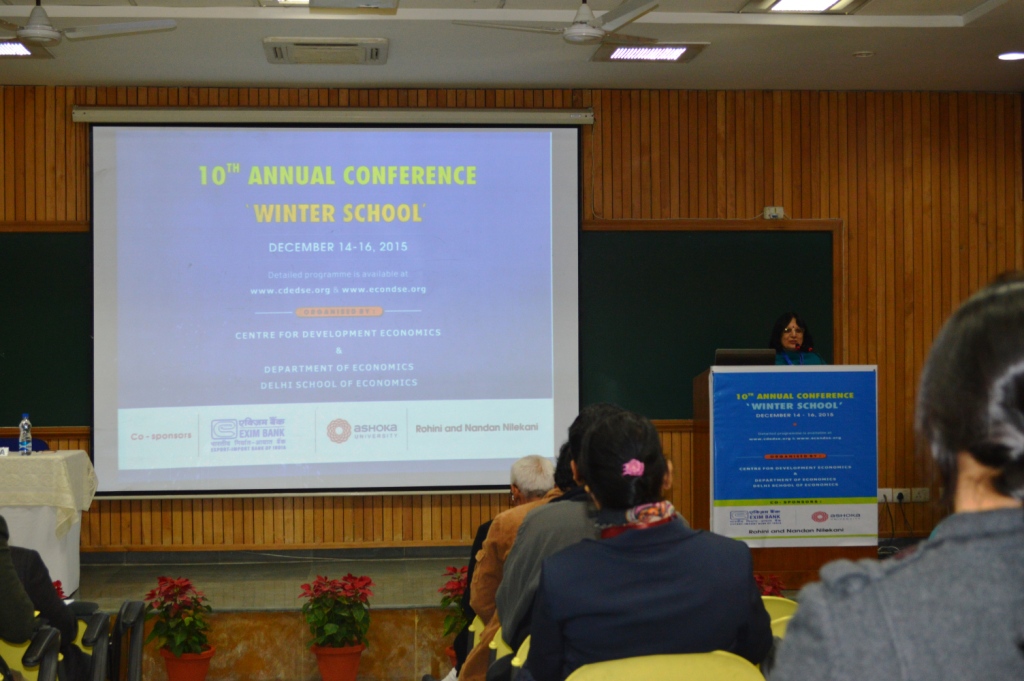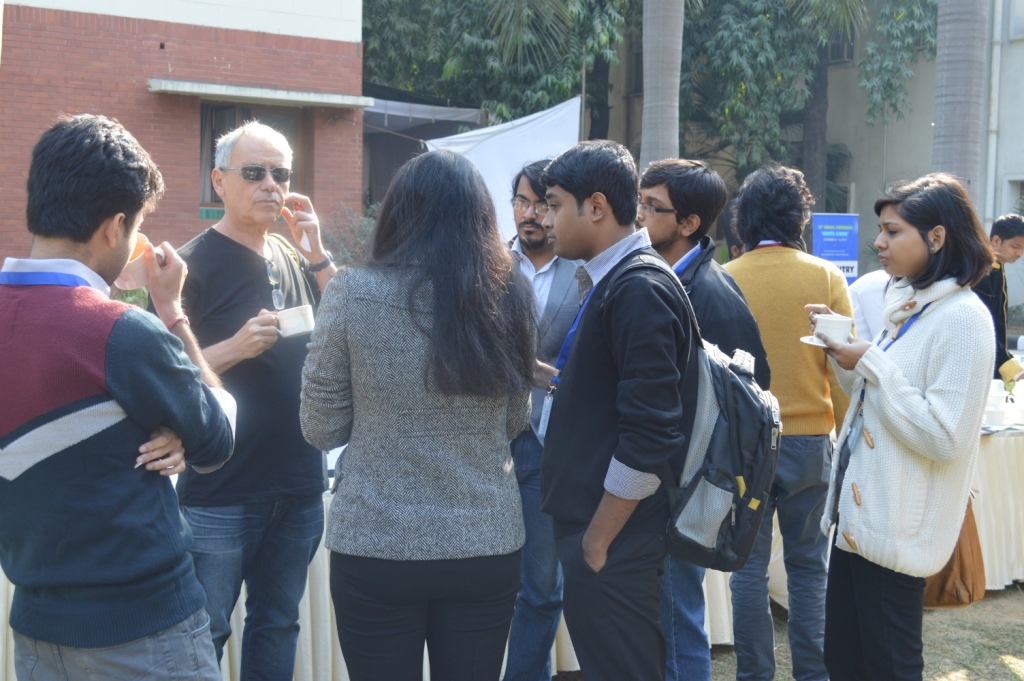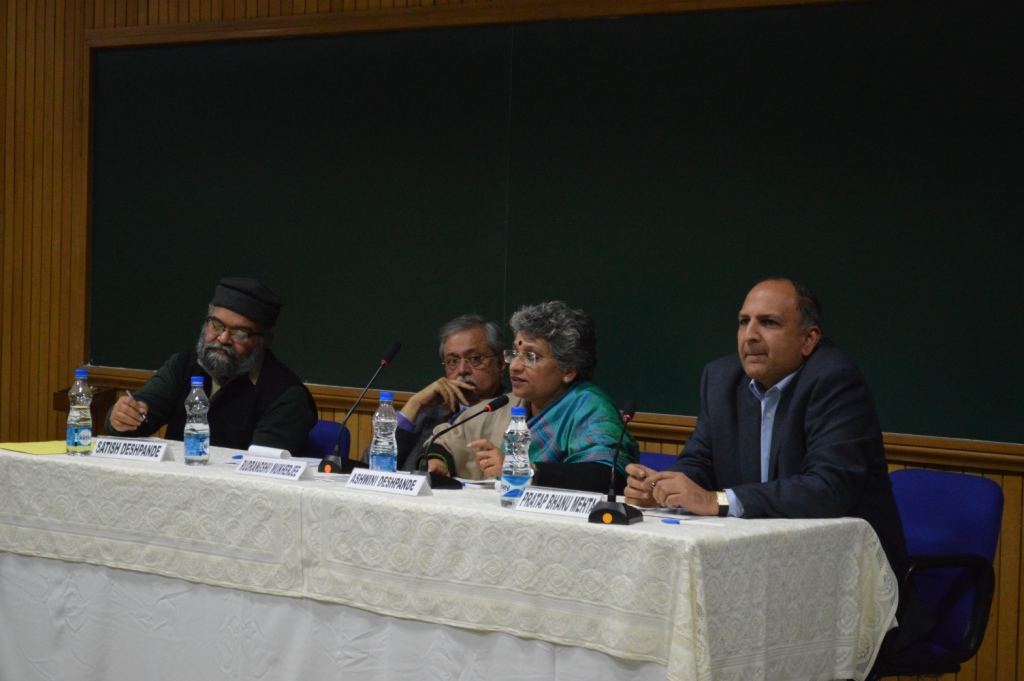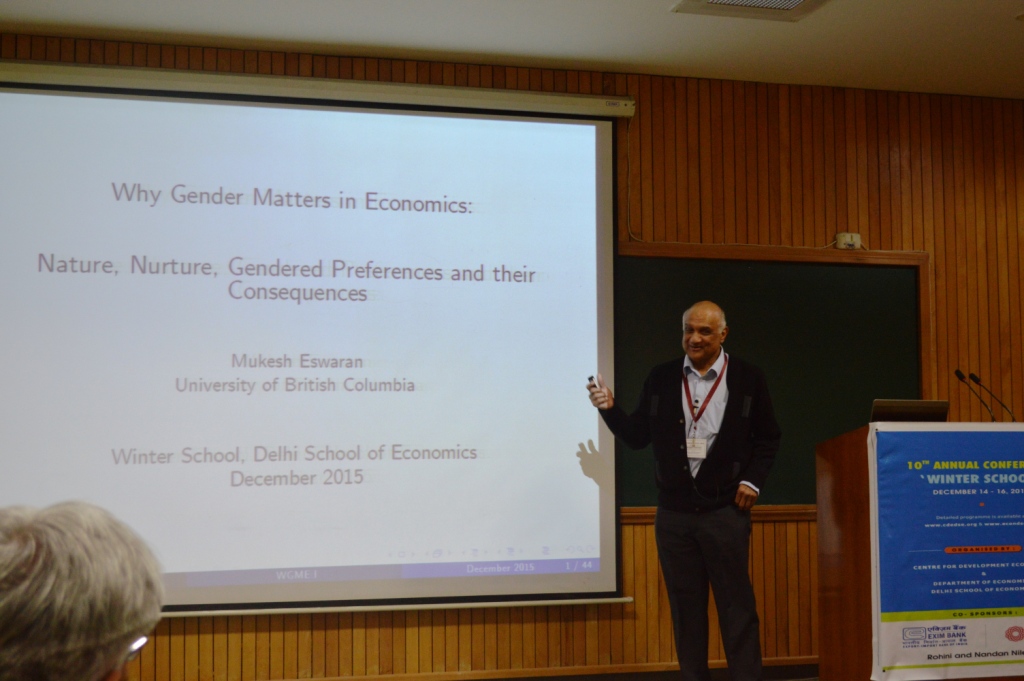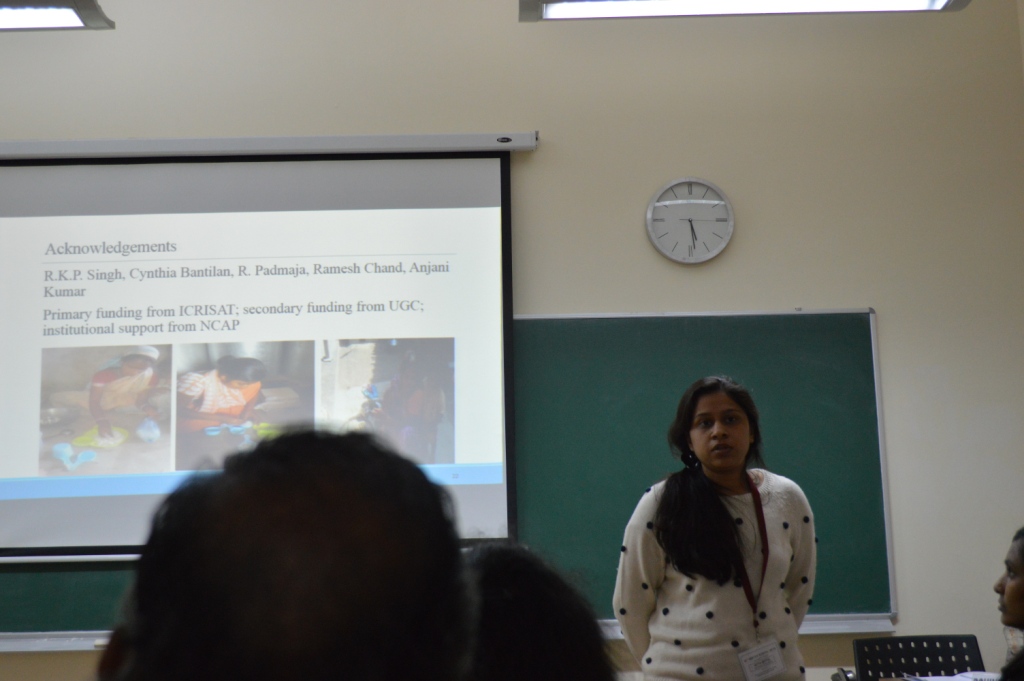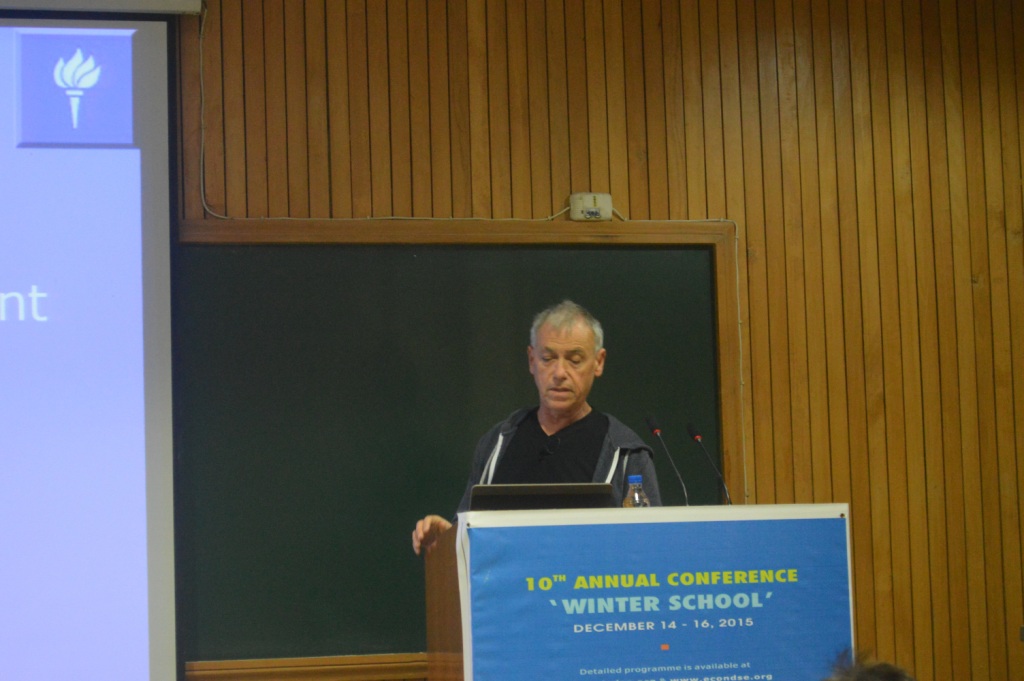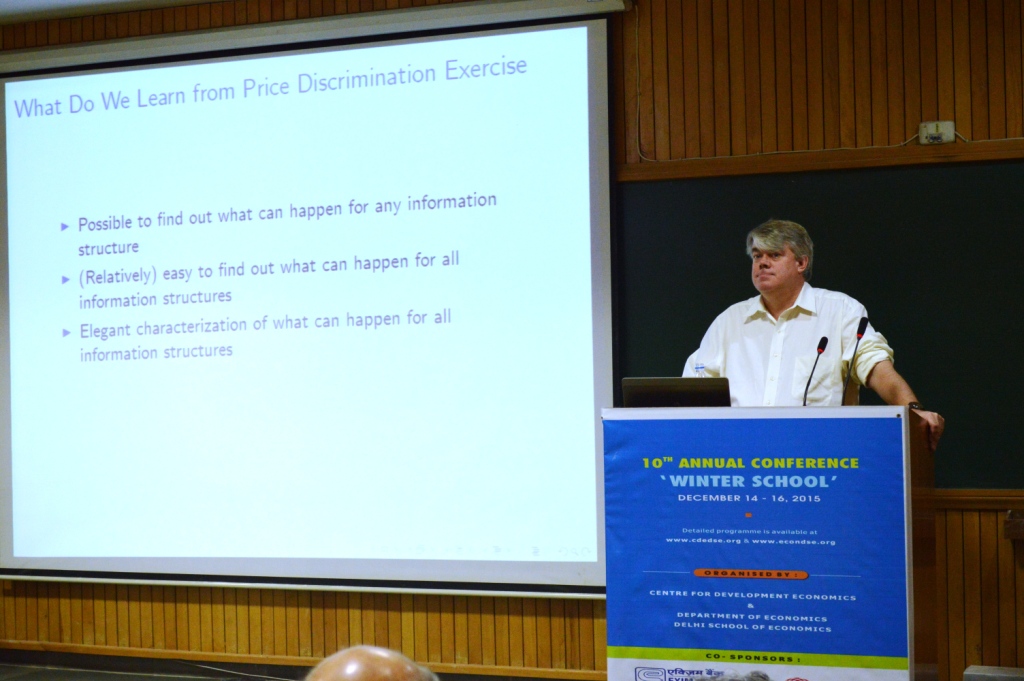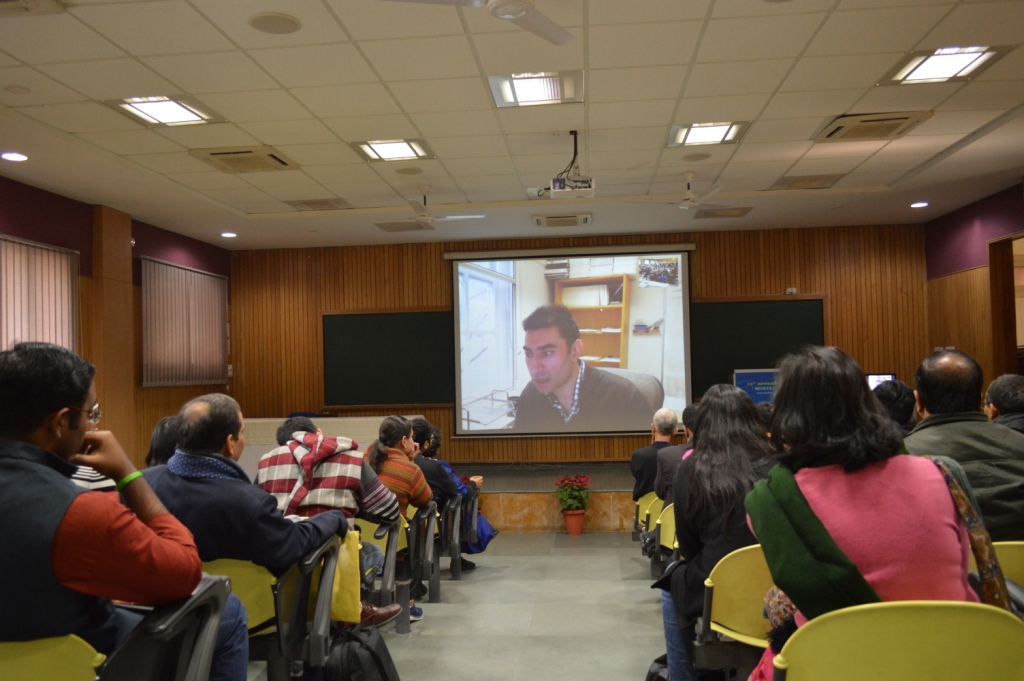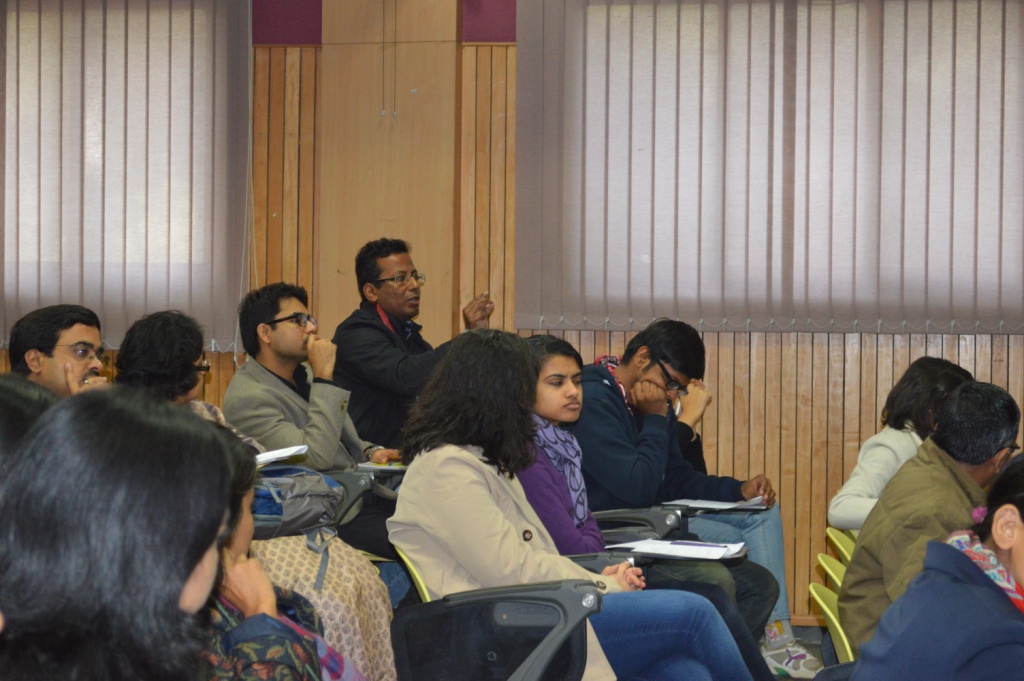WINTER SCHOOL 2015
10th DSE Annual Conference
WINTER SCHOOL 2015
The Department of Economics and the Centre for Development Economics at the Delhi School of Economics will hold their 10th annual conference, the ‘Winter School’, from December 14-16, 2015.
We welcome all the participants to attend the conference.
Important Dates
- Paper submission deadline: October 15, 2015
- Notification of decisions: November 1, 2015
- Final program: December 1, 2015
- Conference dates: December 14 - 16 , 2015
Organizing Committee
Centre for Development Economics
Delhi School of Economics
Queries: ws2015@econdse.org
Phone: +91-011-27008100
The distinguished plenary speakers this year are:
Prof. Ariel Rubinstein (New York University)
Prof. Imran Rasul (University College London)
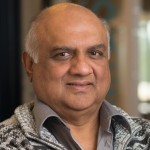
Prof. Mukesh Eswaran (University of British Columbia)
Prof. Stephen Morris (Princeton University)
Date and Time: 15th December: 5:45 pm to 7:00 pm.
Topic: "The Future of Higher Education in India"
Rudrangshu Mukherjee, Vice Chancellor and Professor of History, Ashoka University
Pratap Bhanu Mehta, President and Chief Executive, Centre for Policy Research
Satish Deshpande, Professor of Sociology, Delhi University
- Abdul Munasib (University of Georgia): "2006 Massachusetts Health Care Reform and its Impact on Sources of Insurance Coverage"
- Abhimanyu Khan (Cambridge-INET, Faculty of Economics): "Imitation and price competition in a differentiated market"
- Agnirup Sarkar (Durham University): "Market Capitalisation, Growth and Ination in a New-Keynesian framework"
- Amarendra Prata Singh (IIT, Mumbai): "Agriculture intensification, population growth and cropland expansion: evidence from post-Green Revolution Andhra Pradesh"
- Amrita Datta (Erasmus University Rotterdam): "The impact of migration in rural Bihar: 1999 to 2011"
- Amrita Pramanick (Jadavpur University): "Gestational Surrogacy Contracts and Social Ignominy with Discrete Effort"
- Anchal Arora (JNU): "Do farmers value rice varieties tolerant to droughts and floods? Evidence from a discrete choice experiment in Odisha, India”
- Andaleeb Rahman (Indian Institute for Human Settlements, Bangalore): "Do publicly provided subsidized foodgrains “crowd-out” the open market demand?"
- Anders Kjelsrud (Statistics Norway): "Adjust or not adjust? Within-country prices and the measurement of poverty"
- Avijit Mandal (Maulana Azad College, Kolkata): "India–ASEAN Free Trade Agreement: An Ex Post Evaluation”
- Ayushi Bajaj (University of California, Irvine): "Adverse Selection, and Liquidity in Asset Markets: To pool or not to pool"
- Bappaditya Mukhopadhyay (Great Lakes Inst of Mgmt, Gurgaon): "Society as collection of Heterogeneous Individuals: Where have the Moderates Gone?"
- Bharti Nandwani (Shiv Nadar University, Noida): "Decentralisation, Economic Inequality and Insurgency"
- Bidisha Barooah (Delhi School of Economics): "Information Provision and the Quality of Education in Rural India"
- Chandan Jain (Shiv Nadar University, Noida): "Learning Outcomes and Access to Electricity in Rural Households in India"
- Chandan Singha (Delhi School of Economics): "Analysing Adoption of Soil Conservation Practices in Darjeeling District, India"
- Chitra Jogani (University of Illinois, Urbana Champaign): "Schooling Infrastructure and Literacy-Evidence from a National Education Mission in India"
- Debarshi Indra (Indicus Analytics (A Nielsen Company)): "Income Inequality, Income Segregation, and Urban Sprawl"
- Debojyoti Mazumder (ISI, Kolkata): "Political Regime Change: State Performance vis-a-vis Conflict"
- Devesh Roy (IFPRI, Washington D.C.): "Do Right to Work Laws Worsen Income Inequality? Evidence from the Last Five Decades"
- Devleena Chakravarty (IIT, Madras): "Estimating the Relationship between Economic Growth and Environmental Quality for the BRICS Economies- A Dynamic Panel Data Approach"
- Devleena Majumdar (CSSS, Kolkata): "Does Technology Diffusion help to Reduce Emission Intensity? Evidence from Organized Manufacturing and Agriculture in India"
- Divya Tuteja (Delhi School of Economics): "On the Asymmetric Impact of Risk on International Financial Markets"
- Eve Sihra (Sciences Po Department of Economics, Paris): "Less Food for More Status"
- G. Naline (Madras School of Economics): "Revisiting the Determinants of Child Anthropometric Indicators in India"
- Gaurav Arora (Iowa State University): "Role of Ethanol Plants in Dakotas Land Use Change: Incorporating Flexible Trends in the Difference-in-Difference Framework with Remotely-Sensed Data"
- Hema Kapur (Delhi School of Economics): "Macro Stress Testing and Reslience Assessment Of Indian Banking"
- Hemanshu Kumar (Delhi School of Economics): ""Social distance and educational achievement among the Scheduled Tribes in India”
- Isha Gupta (JNU): "Land-constrained growth in a Land-constrained growth in a perspective"
- Jeevant Rampal (The Ohio State University): "Limited Foresight and Learning Equilibrium"
- Joseph Flavian Gomes (University of Navarra, Spain): "Maternal Mortality and Female Life Expectancy: The Importance of Gender Inequality"
- Manasa Patnam (CREST (ENSAE)): "The natural resource curse revisited: Theory and Evidence from India"
- Manisha Goel (Pomona College, Claremont, CA, USA): "Inequality Between and Within Skill Groups: The Curious Case of India"
- Manvendra Singh (ISB, Hyderabad): "Social Networks and Health Insurance Utilization"
- Monika Gupta (IIM, Lucknow): "A Review on Implementation of Carbon Tax in Mitigating Co2 Emissions from Road Transport Sector: A Contingent Valuation Approach"
- Naveen Thomas (Delhi School of Economics): "The Role of Small and Medium Enterprises in Structural Transformation and Economic Development”
- Neha Saini (Faculty of Management Studies): "Foreign Ownership and Profitability: Performance of Indian Firms using Dynamic Panel Approach"
- Nitya Mittal : "Intra-household allocation of food to young children"
- Nizar Allouch (Queen Mary, University of London): "Policy Reform in Networks"
- Oindrila De (Jadavpur University): "Endogenous Favouritism with Status Incentives: A Model of Optimal Inefficiency"
- P. P. Krishnapriya (Delhi School of Economics): "Effects of information on energy related choices: Experimental evidence from rural Uttar Pradesh and Kerala"
- Padmaja M. (IIT, Madras): "Sunk Costs, Firm Heterogeneity and Export Market Entry and Exit: Evidence from India"
- Parul Bhardwaj (IEG): "Impact of Terrorism on Tourism in India"
- Pavel Chakraborty (Norwegian Institute of Intl. Affairs, Oslo): "Does Environmental Regulation Indirectly Induce Upstream Innovation? New Evidence from India"
- Priyanka Kothari (ISI, Delhi): "Magnifying Effect of Reference Dependence in Vertically Differentiated Duopolies"
- Ratul Das Chaudhury (Calcutta University): "Endogenous Information Collection and Equilibrium Rate Of Interest: The Study of a Limited Liability Credit Market"
- Ritu Suri (Delhi School of Economics): "Volatility Spillover across Rupee-Dollar, Rupee-Euro and Rupee-Yen Exchange Rates and the Spillover Effect of RBI Intervention"
- Sakshi Sharma (Faculty of Management Studies): "Determinants of bank profits and its persistence in Indian Banks: A study in a dynamic panel data framework"
- Samaresh Bardhan (IIT, Ropar): "Non-linear Effects of Bank-specific Determinants of Non-performing Assets of Indian Banks: Evidences from Panel threshold Model"
- Samarth Gupta (Boston University): "Firm-specific human capital and managerial productivity: Evidence from Insurance-sector firm in India"
- Sargam Gupta (ISI, Delhi): "Terms of Trade Shocks and Monetary Policy in India"
- Saumya Verma (Delhi School of Economics): "Impact of Climate Change on Foodgrain Yields in India"
- Shampita Das (University of Calcutta): "Are less informed people more honest? A Theoretical Investigation with Informal Mutual Insurance"
- Sheikh Aftaab-Ul Maroof (University of Kashmir): "Impact of Health Microinsurance on Financial Protection: An application of Propensity Score Matching"
- Somdeep Chatterjee (University of Houston, Texas): "Effects of Agricultural Credit Reforms on FarmingOutcomes: Evidence from the Kisan Credit Card Program in India"
- Somesh Mathur (Indian Institute of Technology, Kanpur): "Determinants of Trade Costs and Trade Growth Accounting Between India and the European Union during 1995-2010"
- Subhadip Mukherjee (IBS, Hyderabad): "FDI Liberalization and Regional Convergence in Post-Reform India: A State Level Panel Analysis"
- Subrato Banerjee (ISI, Delhi): "When Dictator Games Get Real: The Role of Intrinsic Characteristics"
- Sujata Basu (JNU): "Intergenerational Mobility, Human Capital Composition and Distance to Technological Frontier"
- Surbhi Badhwar (Delhi School of Economics): "Is the GDP Stationary? Comparing Panels for Developing and Developed Countries"
- Urmee Khan (University of California at Riverside): "Patient, Perfectly Pareto Preferences: Programming and the Precautionary Principle"
- Vineeta Sharma (Delhi School of Economics): "Asymmetric Impact of External, Domestic and Policy Factors across Cycle Phases"
- Wasim Ahmad (IIT, Kanpur): "Examining directional spillover and dynamic hedging in the stock prices of clean energy, oil and technology firms"
Programme Schedule in PDF Version
| Time | Monday, December 14 |
Tuesday, December 15 |
Wednesday, December 16 |
|||
| 8:45 A.M. - 9:20 A.M. |
Registration & Tea | |||||
| 9:20 A.M. – 9:30 A.M. |
Inauguration: Pami Dua, Director, DSE Welcome Remarks: Aditya Bhattacharjea , HOD, Economics |
|||||
| 9:30 A.M.– 11:00 A.M. |
Stephen Morris, Princeton University "Limits of Price Discrimination" Chair: Sudhir A. Shah |
Ariel Rubinstein, New York and Tel Aviv Universities “A Model of Persuasion with Boundedly Rational Agents” Chair: Ram Singh |
||||
| 11:00 A.M. – 11:30 A.M. |
TEA BREAK | |||||
| 11:30 A.M. – 1:00 P.M. |
Stephen Morris, Princeton University “Information Design, Incomplete Information Correlated Equilibrium and Bayesian Persuasion” Chair: Parikshit Ghosh
|
Ariel Rubinstein, New York and Tel Aviv Universities Chair: Uday Bhanu Sinha |
||||
| 1:00 P.M. – 2:00 P.M. |
LUNCH | |||||
| 2:00 P.M. – 3:30 P.M. |
Mukesh Eswaran, University of British Columbia “Why Gender Matters in Economics: Nature, Nurture, Gendered Preferences and their Consequences” Chair: Rohini Somanathan |
Mukesh Eswaran, University of British Columbia “Why Gender Matters in Economics: Women’s Autonomy (or its Lack Thereof) and its Consequences” Chair: J. V. Meenakshi |
Imran Rasul, University College London “The Economics of Mass Migration: Evidence from the Age of Mass Migration-1” Chair: Deepti Goel |
|||
| 3:30 P.M. – 4:00 P.M. |
TEA BREAK | |||||
| 4:00 P.M. – 6:00 P.M. |
Parallel Sessions 1 [Abstract of Papers] |
Parallel Sessions 2 Followed by Tea Break (5:30 P.M. – 6:00 P.M.) |
Imran Rasul, University College London “The Economics of Mass Migration: Evidence from the Age of Mass Migration-2” Chair: Sunil Kanwar |
|||
| 6:00 P.M. – 7:00 P.M. |
Panel Discussion The Future of Higher Education in India
Chair: Ashwini Deshpande |
|
||||
| Programme Schedule in PDF Version | ||||||
Conference participants must pay a registration fee of Rs.1000 (in cash) at the time of registration. Registration fee will include lunches, snacks and coffee/tea during breaks.
Students from other institutions are welcome to attend winter school sessions, subject to the capacity of our lecture halls. Registration is not required. Please note that we won't be able to provide lunch, tea, coffee etc.



